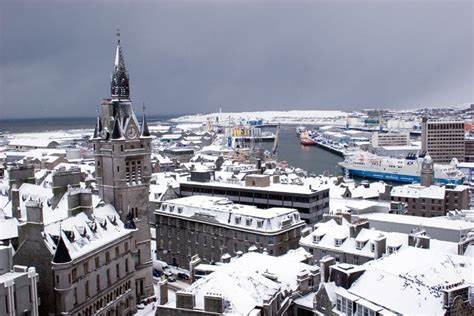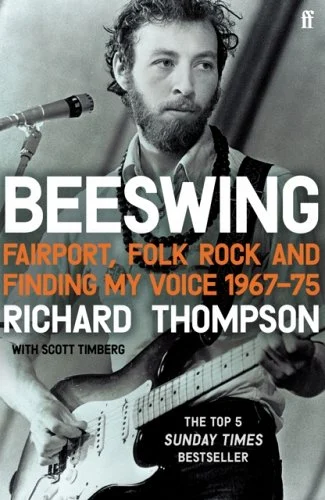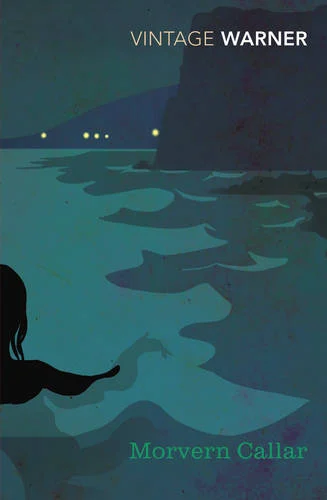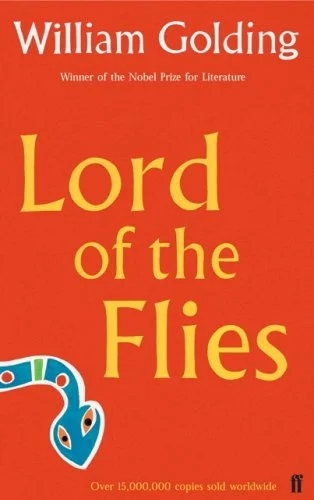By Jim Gray

About the novel
This is a (sort of) Sci-Fi novel that describes the lives of two people living in Aberdeen during a time when quantum computing and AI are being used to try to reverse the effects of global warming.
Rick and Joss led relatively uncomplicated lives. She was a university lecturer while he played keyboards in a moderately successful rock band.
In 2030, the snow starts to fall. QC, the quantum computer, has been working on fixing the climate. With the rapidly lowering temperatures, Northern cities like Aberdeen, Scotland, are quickly locked in a permanent Winter.
Rick’s band can’t tour, then Joss is laid off as students now learn from home.
As many former residents head South, how will Rick and Joss cope with no work in the arctic wasteland?.

Rick remembers
We knew there was trouble when the snow didn’t melt. In late November 2029, Aberdeen’s austere, granite-lined streets were brightened by the first falls.
While temperatures plummeted, hackles were up, and although the city hadn’t suffered a bad Winter for many years, at first, the white blanket raised few eyebrows among the middle-aged and elderly, who dusted off their greatcoats, dug out Auntie’s Christmas present scarf and drew the matching woolly gloves over frigid blue hands.
In decades before, this northern city, perched astride hills between the Dee and Don rivers, was accustomed to a good dump of snow. Without much fuss, plough-bearing corporation buses got kids from sledges to school, took head-squared housewives to the shops, and corralled bent-backed workers to quarries, shipyards or warehouses.
Dirty yellow gritters spread salt on ice-bound streets that led workers to Fish and ships, the ‘toon’s ancient industries that would soon make way for the oil. The oil that brought money to pockets, American accents to Torry, and, perhaps unknown at the time, would silently hasten the end of brutal winters.
While pissing our drilling rig wages down the drain, we grew to believe that other people’s global warming had put paid to our severe winters. In recent years, Europe’s already declining energy capital tholed the odd day of snow, but nothing close to the blizzards that choked the city streets back in the seventies when I was a kid.
But the snow of late 2030 just didn’t stop. It fell, and fell, then fell some more.
Don’t get me wrong; it wasn’t neck-deep or anything. By Christmas, the covering topped out at about a metre, but most of the time, the snow seldom rose much above boot height. A stout pair of wellies, and you were just fine. Yet still, it didn’t stop




Leave a Reply